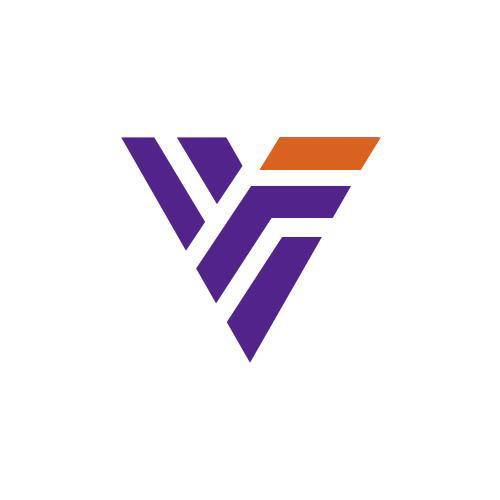Frequently Asked Questions
What is ERP software?
ERP (Enterprise Resource Planning) software is a comprehensive system designed to manage and integrate core business processes into a unified platform. It enables real-time visibility and control over functions like finance, procurement, inventory, HR, and customer relationship management (CRM).
Example: A manufacturing company uses ERP to track inventory levels, manage orders, and synchronize production schedules in real-time, avoiding stockouts or delays
Why is ERP important for businesses?
ERP (Enterprise Resource Planning) is important for businesses because it centralizes and integrates data across different departments, providing a single source of truth for critical business information, which allows for improved decision-making, increased operational efficiency, better collaboration, and ultimately, enhanced profitability by streamlining core business processes like finance, HR, sales, inventory, and supply chain management
What types of businesses benefit from ERP systems?
Businesses that benefit most from ERP systems include those with complex operations involving inventory management, manufacturing, distribution, construction, retail, professional services, healthcare, and any company that needs to streamline multiple business functions like finance, sales, and human resources, allowing them to improve efficiency, data accuracy, and customer service across all departments
What are the key steps in ERP implementation?
- Assessment: Define business needs and goals.
- Vendor selection: Choose an ERP provider based on features, scalability, and support.
- Customization: Configure modules to match business processes.
- Data migration: Transfer existing data into the new system.
- Training: Educate employees for a smooth transition.
- Go-live: Launch the system with monitoring and support.
What challenges arise during ERP implementation?
- Resistance to change: Employees may struggle to adapt.
- Data issues: Inaccurate or incomplete data during migration.
- Underestimated costs: Customizations or delays can increase expenses.
- Inadequate training: Leading to inefficiency or errors.
Mitigation: Assign a dedicated project team and involve end-users early.
What would VFSoftnet’s ERP software achieve for my business?
- Consolidate Financial Data
CEOs often need a clear view of their company’s overall performance, but conflicting data from different departments can make this challenging. Finance may report one set of revenue figures, while Sales and other business units present their own versions. VeriFin ERP unifies all financial data into a single, reliable source, ensuring consistency and eliminating discrepancies since all departments use the same integrated system.
- Streamline Customer Order Management
VeriFinERP system simplifies tracking customer orders from initiation to delivery. From the moment an order is placed with customer service to its shipment from the warehouse, the system manages every detail, including financial transactions and invoices. By centralizing this information, companies can efficiently monitor orders, coordinate manufacturing, manage inventory, and optimize shipping operations across multiple locations.
- Enhance Manufacturing Efficiency
VeriFin ERP solutions come with built-in tools to standardize and automate manufacturing processes. By implementing a unified system, businesses save time, boost productivity, and reduce staffing needs. VFSoftnet’s ERP software caters to both discrete and process manufacturing, ensuring tailored solutions for a wide range of industries.
- Optimize Inventory Management
VeriFin ERP software improves operational efficiency by providing better visibility into the order fulfillment process. This leads to reduced raw material and work-in-progress inventories, while enabling better delivery planning. Consequently, companies minimize finished goods stock at warehouses and shipping docks, cutting down on excess inventory and associated costs.
- Unify HR Processes
In organizations with multiple divisions, HR teams often face challenges in tracking employee data and communicating benefits effectively. VeriFin ERP system addresses these issues by providing a unified platform that supports complex, customized HR procedures. It simplifies employee time tracking, ensures compliance with business-specific validations, and facilitates seamless communication across all units.
How much VeriFin ERP cost?
VFSoftnet’s ERP solutions are tailored to address the needs of medium to large-sized enterprises, offering highly cost-effective systems that deliver one of the fastest returns on investment in the industry. The pricing for our ERP software is influenced by several factors, including the number of divisions it will support, the total modules required, the number of users and locations, the extent of integration with existing systems, and the scope of data migration.
ERP costs can generally be categorized into four key components:
a) Product Costs
b) Licensing
c) Implementation Costs
d) Customization Costs
The overall Total Cost of Ownership (TCO) is determined by these factors, providing a clear framework for understanding ERP investments.
